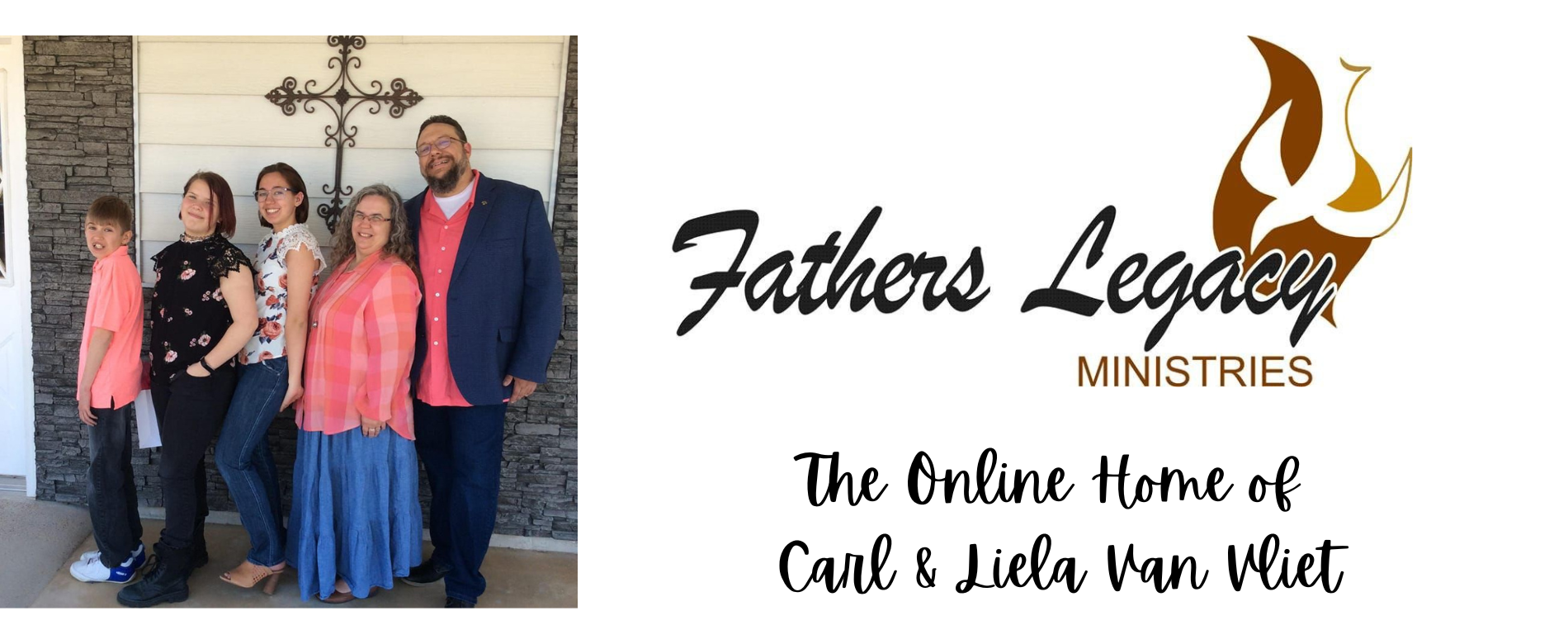Last week we started discussing the two greatest reasons that we hear from parents to why they are not actively discipling their children at home. Last week we discussed the power of intentionality as it relates to prioritization. How the power of intentionality can overcome the power of busyness. Today we are going to tackle this internal insecurity that says “but I don’t know enough to disciple my children”.
Can I let you in on a little know secret? You don’t have to be knowledgeable to be able to not only disciple but greatly impact the lives of your children. Greatly. Don’t believe me? Put the power of Google to work and ask Google the phrase “parents influence on teenagers”. Google will reveal to you study after study and survey after survey. Parents greatest influence on teen drinking, Parents greatest influence on teen sex, parents ranked number 1 (yep Numero Uno) as to who teenagers see as a “hero”[1].
How did we ever get to the idea that parents do not have enough knowledge to disciple their children. Actually, let me take the blame on that one, well I and a generation of other Pastors and leaders. We created the professional discipler model in our youth and children’s ministry programs that said, “bring your child to us, we are the professionals we know what we are doing”. With our bible college educations, titles and positions we implied that we could do it so much better than you could. For that I am sorry.
In my 26 years of ministry I have written countless sermons and Bible study’s. I have preached those sermons, and I have taught those Bible study’s. Here is an interesting fact: I have never preached a sermon to my children. Nope, never (except when they were present in the church service, but… that doesn’t count). I have never gathered my children up and said, “come on kids were going to do a Bible study”. Nope, not even once. I have never used any of the knowledge I learned in Bible College to disciple my children. Nope. How then have I discipled my children? I talk to them, I sing with them, I laugh with them, I share what I feel God is saying to me when I am praying or reading the Bible. That’s it, no super fancy theories, not Greek or Hebrew lexicons. I engage then in socioeconomic conversations, I engage them in political discussions, we talk about how they think God feels in those situations. We do lots of different things but we do not have what is traditionally thought of when we say  Bible Study. Deuteronomy 6 says we “shall talk of them (Gods Commands) when you sit in your house, when you walk by the way, when you lie down, and when you rise up.”
Bible Study. Deuteronomy 6 says we “shall talk of them (Gods Commands) when you sit in your house, when you walk by the way, when you lie down, and when you rise up.”
This is the greatest truth that has been hidden behind the lie: you are knowledgeable enough to disciple your children. You do not have to have all the answers, you just have to care enough to engage your children in conversations. Some of our best discussions happened in the car between traveling from point “A” to point “B”. And your conversations can too.
In closing can I add be humble. The good news is you don’t have to have all the answers, the better news is believe it or not your kids will respond more to you humbly admitting you don’t know the answer then they will to your great oration of knowledge. Show them your learning too. Show them you have questions too, but show them you have a real faith that keeps on believing even when you don’t have all the answers. That is a powerful testimony to your children.
Next week, continuation… How can I do it outside the minivan?
[1] https://www.stageoflife.com/StageHighSchool/TeenUnsungHeroes.aspx

